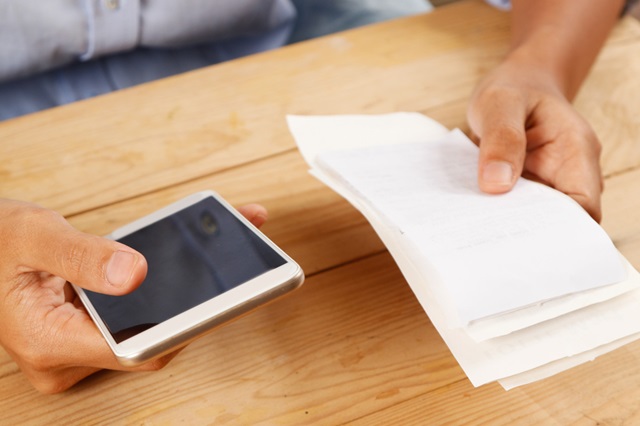How to switch to paperless billing in 2025

It shouldn’t be necessary to remind you how time-consuming it can be to locate billing records on paper. You haven’t, however, taken the required steps to switch to paperless billing. Paperless bills have been available for more than ten years due to the many advantages of various businesses implementing digital technology.
Paper statements do offer certain advantages, such as utility bill record-keeping and payment reminders. They also act as a natural source of evidence for customer summaries. However, in addition to offering extra services, electronic billing can offer all those advantages. All the same, the global pandemic has increased the demand for paperless transactions. This article explains the benefits of going paperless and eventually reaching this milestone by outlining several methods to convert to electronic billing.
Making the change
While much of what was predicted decades ago has come true thanks to the digital revolution, the disappearance of paper money has not happened yet, though it is slowly turning. With over three million paper bills sent out each month, the two largest network providers, Vodafone and O2, are quickly approaching their ultimate billing format goal.
We wanted to live in a paperless society where trees slept soundly in the evening, knowing that they wouldn’t be chopped down in the morning to provide endless reprimands to companies so they could tell customers how much they owed them.
Digital bills created with user awareness
The layout of a digital bill should be simple enough that users can quickly see the amount owed, the date of payment, and any additional fees or charges without having to scroll through it or search for it.
To get clients to switch from paper billing, the first step would be to offer a digital billing service.
Boost the advantages of being environmentally friendly
Paper money requires precious resources like fossil fuels, ink, and paper. The process of allocating bills can be made less carbon-intensive overall by using electronic distribution.
Enhancing the information about e-bills as an eco-friendly option could persuade customers to switch as they become more aware of their consumption habits.
Save previous invoices in a secure online environment
Paper bills have the major benefit of being easily maintained as physical copies for future reference. The benefit of going paperless can be eased for customers because many electronic bill payment solutions offer access to archived bills for contacting the source and printing on-demand.
Sending personalized memos
Paper bills are a convenient way for many customers to keep track of when their fees are due because they act as tangible reminders. Businesses that want to go paperless can spend money on software that keeps things ecologically sustainable while delivering bill information via email and text message memos to the electronic devices that clients use the most. One useful tool for persuading clients to switch to paperless billing is an email that reminds them when their payments are due.
Touchless self-service advantages
Since the pandemic started, there has been a huge increase in the need for contactless everything. Inform clients of the availability of digital and paperless bill payment options, and explain to them how paperless billing can protect them from the ongoing infection by outlining the specifics of the feature that can replace paper bills.
Switch Out Old Inventory for e-Billing Options
While it might be challenging, it is not impossible to persuade clients who are less tech-savvy to switch to paperless billing. The secret is to identify the reasons behind your customers’ reluctance to relocate, which you can achieve by initiating marketing campaigns that tackle these concerns.
There are numerous benefits to paperless billing; the trick is to focus on the ones that dispel popular myths and misconceptions. Your utility bills can assist customers in breaking old habits and forming new ones in the beginning.
Final Thoughts
Businesses are open to switching to electronic billing due to potential cost savings and environmental benefits. In addition to considering money making ideas, businesses should concentrate on mitigating environmental harm, such as climate change, which can be achieved by simply converting to paperless billing – this article explains how to do so.
Businesses frequently provide discounts and other promotions to consumers who switch to electronic billing in the United Kingdom. Businesses in Ireland are more likely to impose tariffs on paper bills as a form of punishment for customers who choose not to convert to electronic billing. For example, Vodafone charges €2 to new customers who want to receive paper bills.
Businesses must print and mail account data to customers in order to provide paper bill statements. Before the printed data reaches the rightful customer, it passes through a number of individuals and offices. These drawn-out processes may result in human error. Going paperless can reduce an organization’s environmental impact while also reducing costs, balancing workloads, and improving the cash cycle by encouraging payments. Customers benefit from the convenience and enhanced security that electronic statements offer, which completely restores their level of satisfaction.
According to Friends of the Elderly’s Dermot Kirwan, the main drawback is that the great majority of senior citizens lack access to and don’t require computers. According to him, older adults who switch to electronic billing and register for a domain that is only available online are forced to call their neighbors or go to organizations like Friends of the Elderly for assistance with basic information.